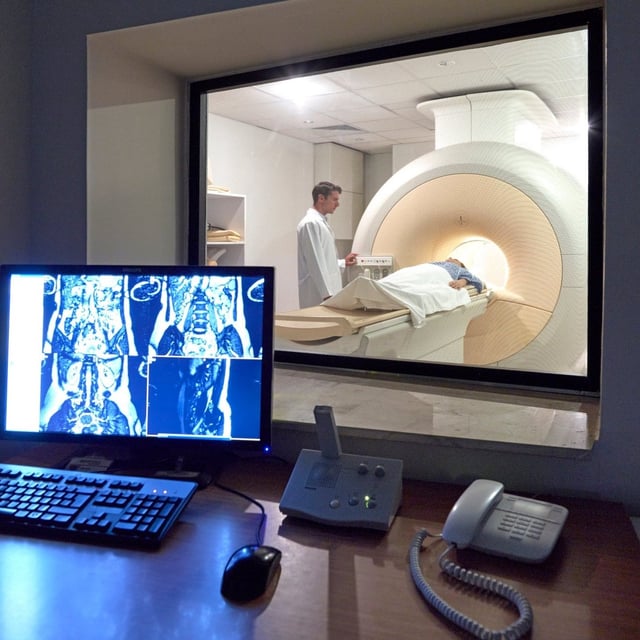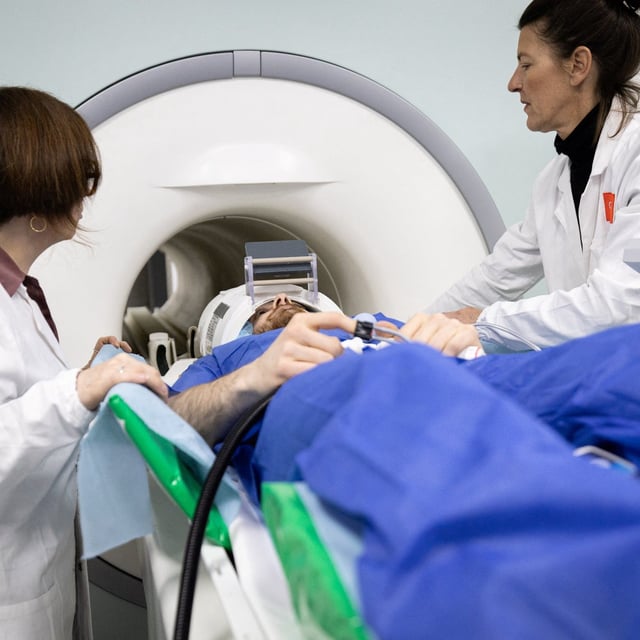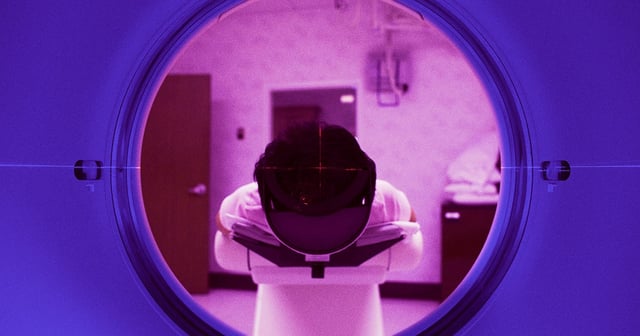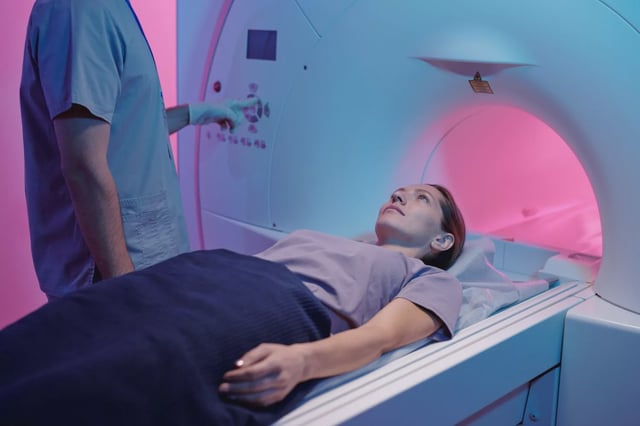Overview
- Recent research confirms that oxalic acid, found in foods like spinach and sweet potatoes, can bind with gadolinium from MRI contrast agents, forming toxic nanoparticles.
- These nanoparticles may contribute to nephrogenic systemic fibrosis, a rare but severe condition that can result in organ damage and even death after a single MRI dose.
- While most patients experience mild or no side effects, gadolinium deposits have been detected in tissues, blood, and urine years after exposure in some cases.
- Experts are now recommending a reassessment of pre-scan dietary guidelines, including avoiding vitamin C supplements, to mitigate risks associated with gadolinium contrast agents.
- The findings underscore the need to better understand individual metabolic differences and dietary impacts to improve MRI safety protocols.



